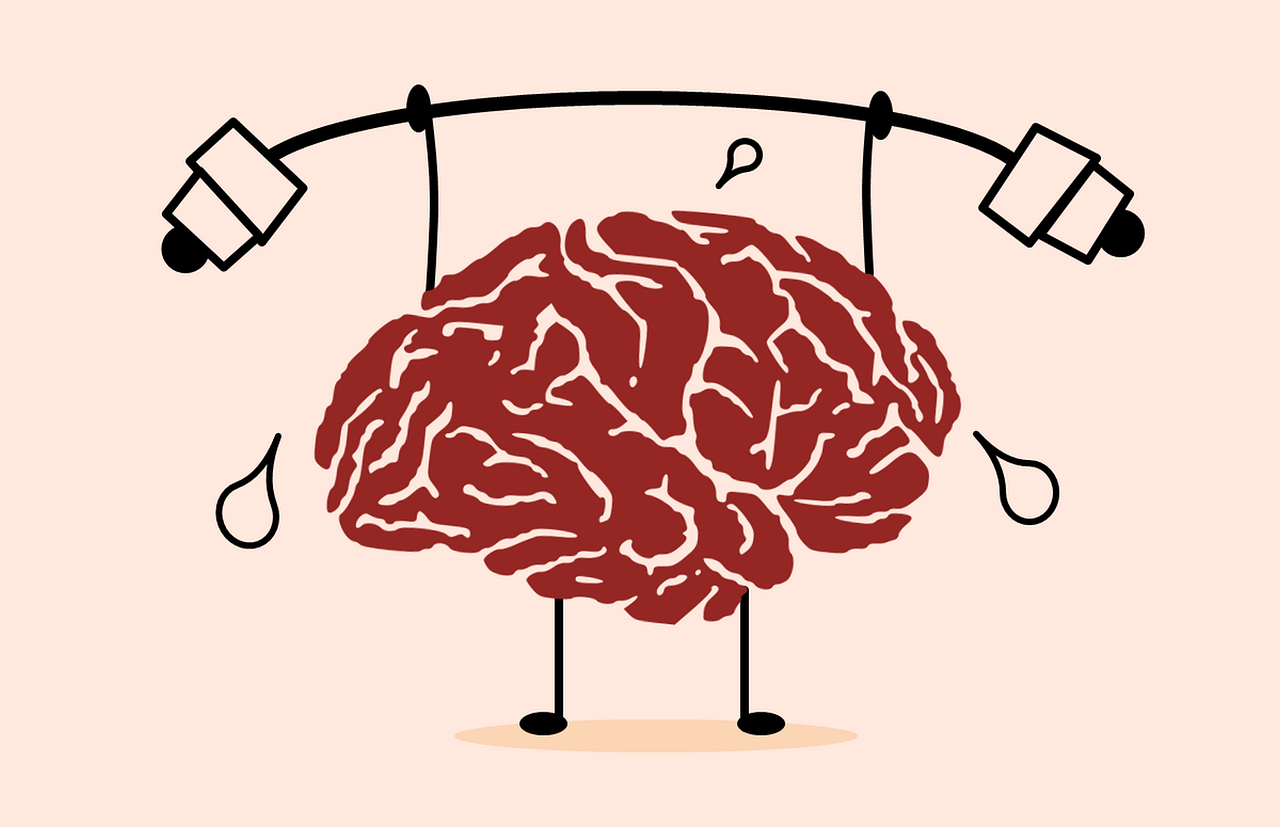How to Choose a Mental Performance Consultant

Published
Each mental performance consultant possesses a specific set of skills that defines the scope of their competencies. Thus, when choosing a consultant, it is important for athletes, coaches/parents, and athletic administrators to consider the following guidelines:
1. Identify the types of consulting services you wish to receive.
Are you looking for someone who can develop a performance enhancement program and assist athletes during the injury rehabilitation process? Are you looking for someone to help athletes with drug and alcohol abuse problems or eating disorders? The answers to questions like these and others dealing with the types of services you are looking for will help you decide what type of consultant to interview and the competencies that person should have.
2. Determine whether a prospective consultant has the appropriate training and possesses the necessary competencies (i.e., skill sets) to deliver those services.
Professional competencies also include the amount and type of experience the consultant has had in working with athletes. Taken together (i.e., academic training, skill set, and applied experience), a consultant’s competencies will usually lie along a continuum that runs from Performance Enhancement to Clinical Consulting. In general, consultants trained in the sport sciences that possess skills sets and applied experiences in mental training with athletes will have competencies that put them closer to the Performance Enhancement end of the continuum. Those trained and licensed in psychology with applied experience providing assistance with problems like drug and alcohol abuse, eating disorders, and anger management will generally possess competencies that place them closer to the Clinical Consulting end of the continuum. In some cases, professionals with academic training in one area will obtain additional training or supervised applied experiences in the other, enabling them to provide a wider variety of services for athletes. (For more on training see section below.)
3. Require supporting documentation of a prospective consultant’s credentials before making a final decision.
Check with colleagues who have employed the consultant as well as with some coaches and athletes who have worked with them. Ask people whose opinion you respect and who will be honest with you to tell you about their experience with the consultant—just like you would if you were looking for a good doctor or dentist. If you are interested in hiring a performance enhancement specialist, look for AASP Certification (i.e., a CMPC® credential) or USOC Registry membership. If you intend to hire a licensed psychologist, obtain verification that the person is licensed (or in the process of obtaining a license) to practice in your state. Any clinical or counseling psychologistx who describe themselves as sport psychologists should have specific training in sport psychology. If you are looking for an individual with a particular competency (e.g., treatment of eating disorders) find out what coursework, training, and/or certification the prospective consultant has had or currently possesses that indicates competence in that area.
Training Models in Sport Psychology
Training in applied sport psychology varies considerably from individual to individual and from academic program to academic program. Professionals who provide mental performance consulting services generally take one of two academic routes to obtain their credentials:
- The sport science route (through physical education or kinesiology programs)
- The psychology route (through clinical or counseling psychology programs)
The route one chooses will determine not only the emphasis of that individual’s training but very likely the types and levels of consulting they can offer.
The sport science route follows a physical education/kinesiology-based track of coursework and practicum experiences, which normally include sport psychology, exercise physiology, motor learning, sport sociology, and direct contact with athletes in performance situations. While individuals who choose this option often take a number of traditional psychology courses during their programs of study, they do not usually become licensed psychologists. Sport-science trained professionals are qualified to conduct mental skills training with athletes in a variety of areas of performance psychology—such as goal setting, motivation, focus and concentration, energy management, confidence building, as well as life skills. Many hold positions as professors and some have had prior experience as competitive athletes and coaches.
The psychology route includes standard psychology coursework— such as counseling, psychological evaluation, psychopathology, therapy techniques, as well as clinical or counseling internship experiences. Individuals who choose this route most often become licensed psychologists. Each state has its own licensure requirements, and professionals must meet those requirements before practicing in that state. Licensed psychologists provide clinical or counseling assistance for individuals in areas such as depression, grief or loss, life management, and dysfunctional behaviors such as alcoholism, drug abuse, anger management, and eating disorders. Many clinical and counseling psychologists hold positions in private practice and serve a broad range of clientele as well as athletes.
Visit “Find A Certified Mental Performance Consultant® (CMPC)” on the AASP Website
The Certified Mental Performance Consultant® Finder on the Association for Applied Sport Psychology website was designed to assist people in locating a CMPC® to address their needs. The sport, exercise, and performance psychology professionals listed in the CMPC® Finder have met the professional criteria set by AASP. The Certified Consultant Review Committee evaluated and approved their credentials, coursework, and consulting experiences in sport and performance psychology. The finder allows you to search for a CMPC® by geographic location, session preference (i.e., online or in-person), age group served, sport and other specializations, language spoken, and keywords.
Share this article:
Published in:




